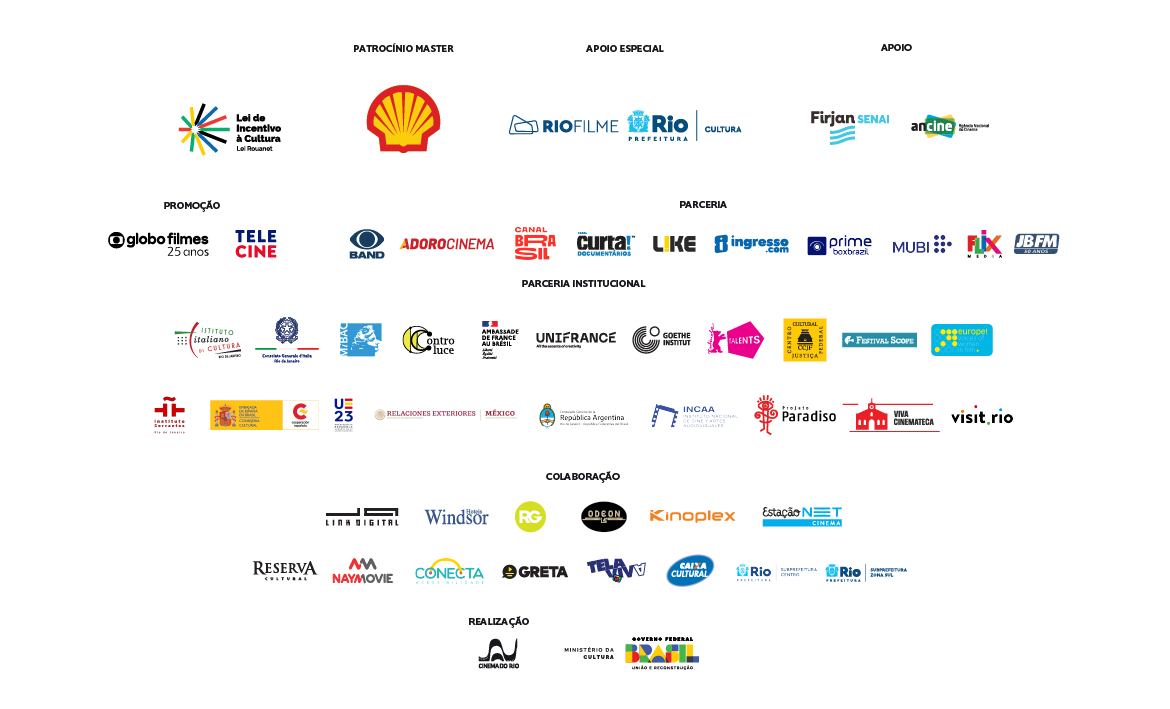Cinema Novo or an Urgent Need for Memories
By Aisha Rahim (Talent Press Rio)
Eryk Rocha dedicated his 2002 film, Stones in the Sky, to his father filmmaker Glauber Rocha. Eryk Rocha again remembers his father’s in this documentary about the Brazilian Cinema Novo, a movement that occurred during the military dictatorship of the 1960s and ‘70s. Despite the younger Rocha’s direct kinship, his voice is that of the average Brazilian citizen. In fact, Cinema Novo seems to be speaking to a collective audience from the start, when it evokes a key moment in the country’s history with references to the cinematic movement that strived to “change the world” by uniting “art, utopia and revolution” and presenting “new images of Brazil” with historic lucidity.
A certain nostalgia is understandable. There’s a clear urgency to rethink the connection between politics and filmmaking in Brazil. How many of the structural problems of society tackled by Cinema Novo have been solved? How relevant is this topic today? For the “new images of Brazil,” Rocha intersperses old images of Brazil with audio testimonies and excepts of films from his personal and television archives. Subjects include Pereira dos Santos, Glauber Rocha, Ruy Guerra, Leon Hirszman, Joaquim Pedro de Andrade, Cacá Diegues, Paulo César Saraceni, among others who railed against musical comedies (known as “chanchadas”) and the big companies with their low-budget films in the 1960s.
The convergence of different types of artists, the awareness of the lack of development of the Third World, questioning of the bourgeoisie, a quest for an independent spirit and their own creative voice, indignation over the division between mainstream and intellectual films and the capitalistic nature of film distribution, as well as the people’s collective participation in the regime and the belief in art as a force to conquer fear were some of the main traits of the avant-garde movement cited by the protagonists themselves in a dialogue without the use of talking heads. Through these intersecting archives Rocha constructs an iconography of Cinema Novo, in Eisenstein’s style. He links images in which the subjects seem not to tire of running (is this a metaphor for the aforementioned sense of “urgency”?), and where excerpts of films clash like a tangle of power lines through which flow sounds and images that are synchronized or not, and are often in the same key.
It is in this cascade of excerpts – dynamically edited and presented in logical order – that the collective subject, the masses, seems to take form. Perhaps it is this attempt to bring the figure of the people to the big screen that is the underlying gesture of Cinema Novo.
Voltar
 Português
Português
